PVC cladding has gained immense popularity in the construction industry due to its durability, versatility, and aesthetic appeal. As a homeowner or builder, it is crucial to understand the lifespan of PVC cladding to make informed decisions about its installation and maintenance. In this article, we will delve into the factors that influence the longevity of PVC cladding and provide valuable insights into its expected lifespan.
- Quality of PVC Cladding:
The quality of PVC cladding plays a pivotal role in determining its lifespan. Opting for high-quality PVC cladding from reputable manufacturers ensures that the material is resistant to UV radiation, extreme weather conditions, and color fading. It is essential to choose cladding that meets industry standards and has undergone rigorous testing for durability. - Installation Techniques:
Proper installation techniques are vital for maximizing the lifespan of PVC cladding. Hiring experienced professionals who follow manufacturer guidelines and best practices is crucial. Improper installation can lead to water infiltration, which can compromise the integrity of the cladding and reduce its lifespan. Additionally, ensuring proper ventilation behind the cladding helps prevent moisture buildup, which can cause decay and mold growth. - Maintenance and Cleaning:
Regular maintenance and cleaning significantly contribute to the longevity of PVC cladding. Simple practices such as routine washing with mild detergent and water can help remove dirt, grime, and pollutants that may accumulate over time. Avoid using abrasive cleaners or tools that can scratch or damage the cladding surface. Inspecting the cladding periodically for any signs of damage or wear is also essential, as prompt repairs can prevent further deterioration. - Environmental Factors:
Environmental factors, such as exposure to sunlight, temperature fluctuations, and moisture levels, can impact the lifespan of PVC cladding. PVC cladding is known for its excellent resistance to UV radiation, which helps prevent color fading and degradation. However, prolonged exposure to extreme heat or cold can affect its structural integrity. Additionally, areas with high humidity levels or proximity to the coast may require additional protective measures to counter the corrosive effects of saltwater or moisture. - Warranty and Lifespan Expectations:
Most reputable PVC cladding manufacturers provide warranties that indicate the expected lifespan of their products. It is essential to review these warranties and understand the terms and conditions. While PVC cladding can last for several decades, the specific lifespan may vary depending on the aforementioned factors. Regular maintenance, adherence to installation guidelines, and choosing high-quality materials can help maximize the lifespan of PVC cladding.
Conclusion:
PVC cladding is a durable and long-lasting option for enhancing the aesthetics and protection of buildings. Understanding the factors that influence its lifespan, such as quality, installation techniques, maintenance, environmental factors, and warranty expectations, is crucial for making informed decisions. By following best practices and investing in high-quality PVC cladding, you can ensure its longevity and enjoy the benefits it offers for years to come.

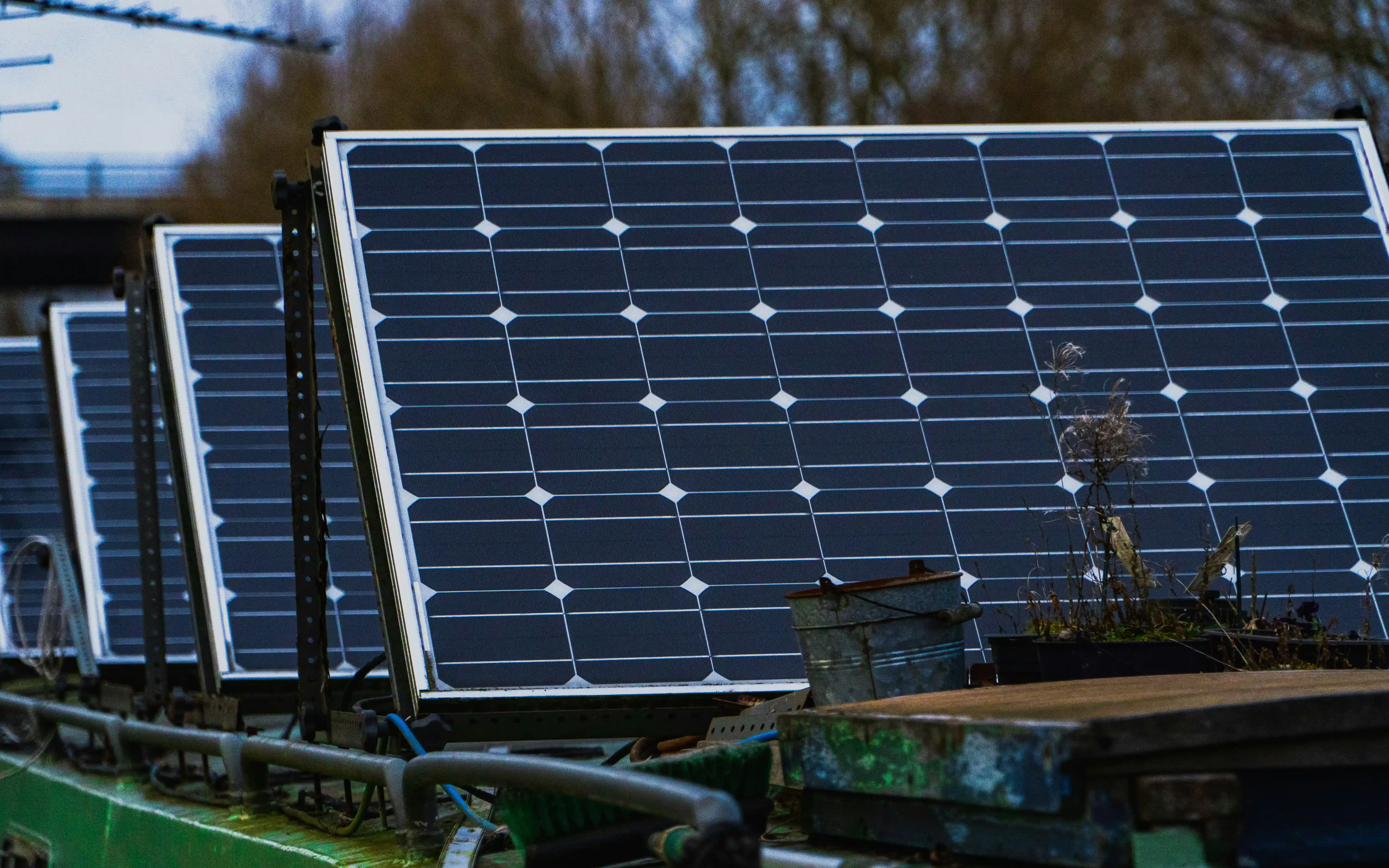
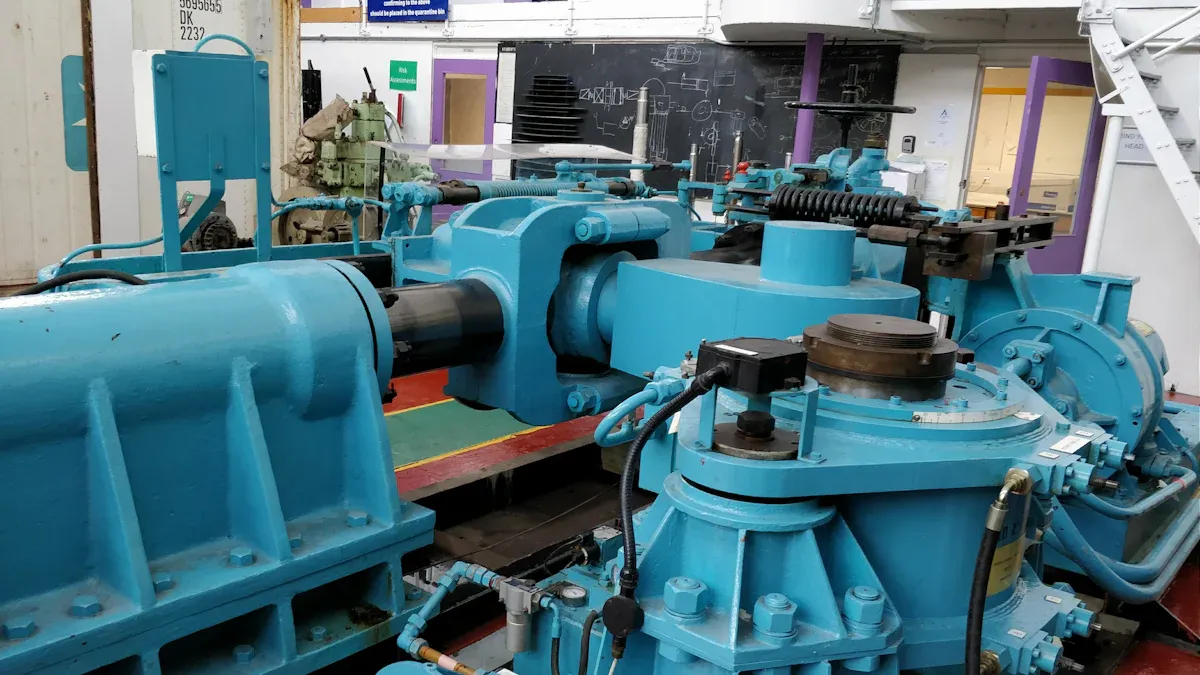

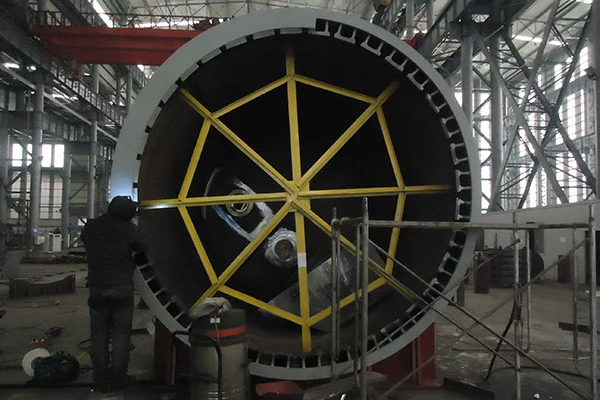
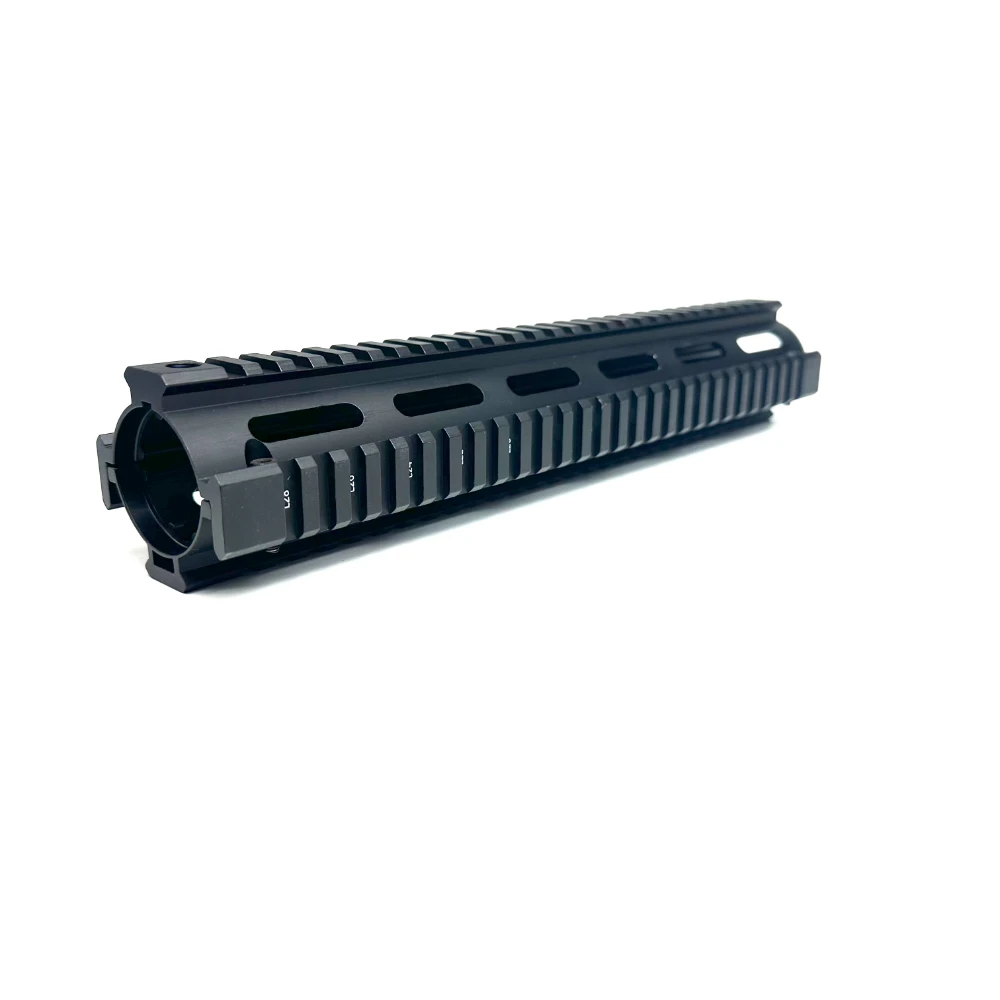
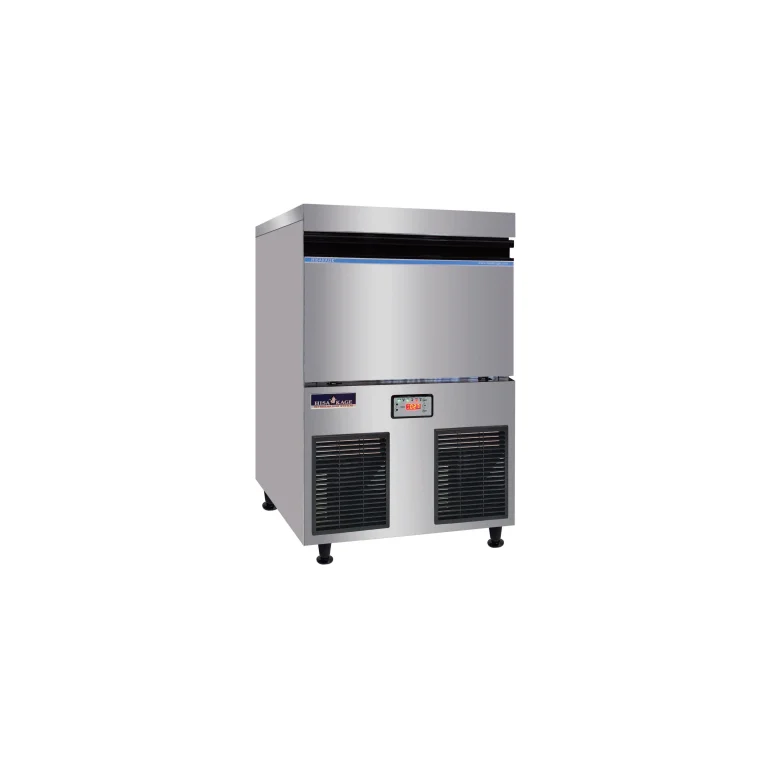
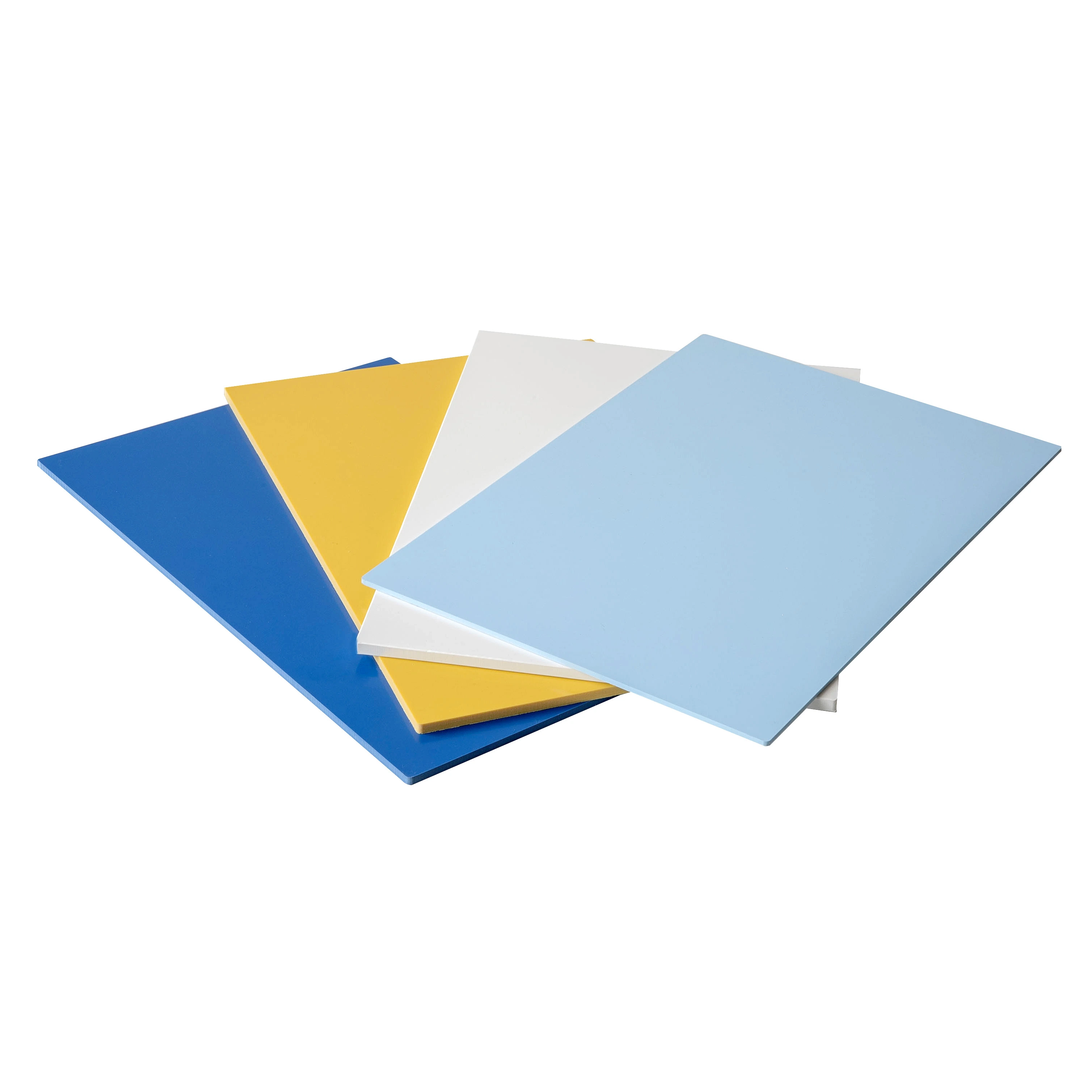
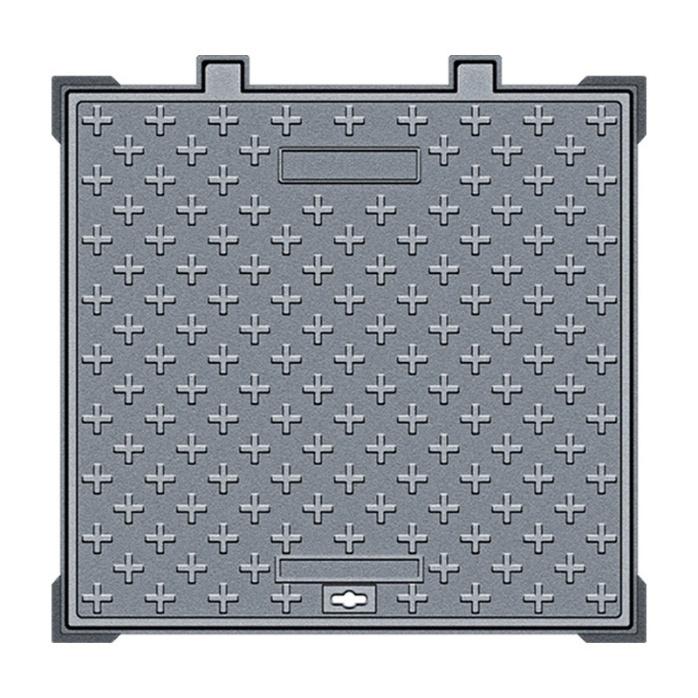
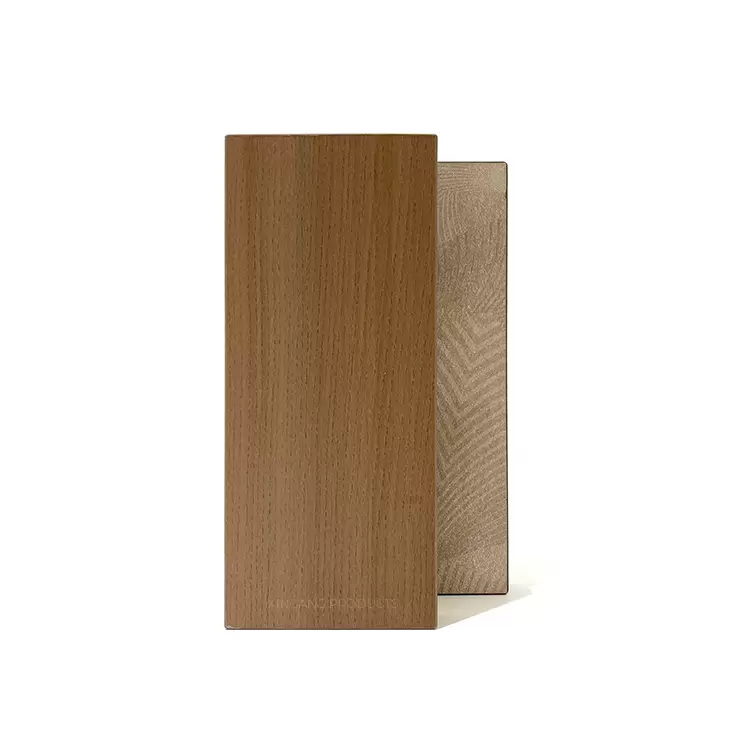
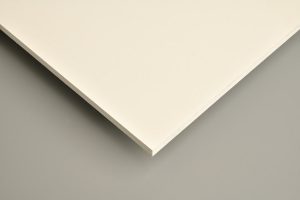

+ There are no comments
Add yours